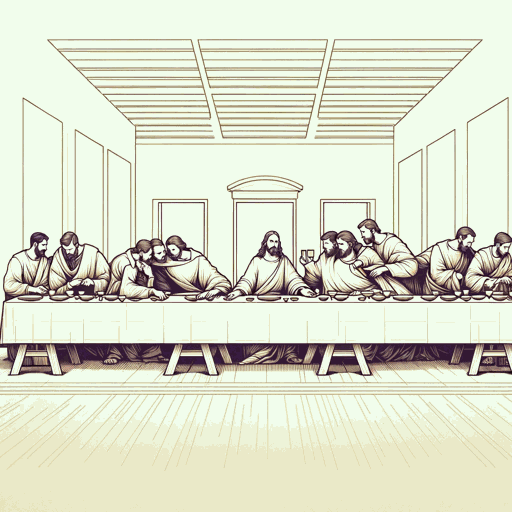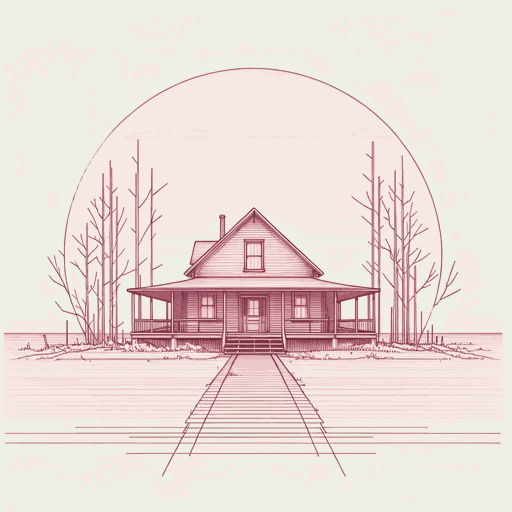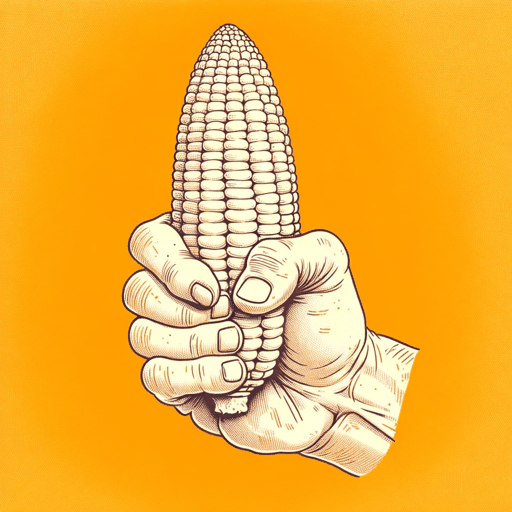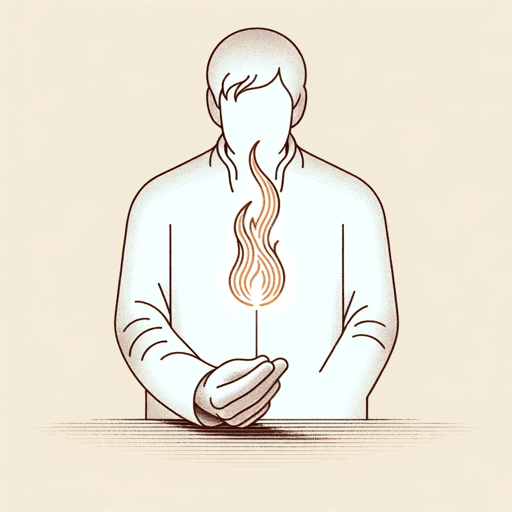28 pages • 56 minutes read
William FaulknerBarn Burning
Fiction | Short Story | Adult | Published in 1939A modern alternative to SparkNotes and CliffsNotes, SuperSummary offers high-quality Study Guides with detailed chapter summaries and analysis of major themes, characters, and more.
Background
Cultural Context: Faulkner’s Mississippi
Many of Faulkner’s short stories, including “Barn Burning,” are set in Mississippi in the late 19th or early 20th centuries. Faulkner seeks to portray the decay of the Deep South following the social and economic turmoil of the US Civil War and Reconstruction.
“Barn Burning” addresses the struggle between social, economic, and racial classes in the South in the era after the Civil War. The Snopeses are poor tenant farmers who do not own the land they cultivate. This fact seems to cause resentment in Abner Snopes, which is a contributing factor in his arsons and other dangerous acts. Moreover, Snopes refers negatively to the Black people in the story, threatening them, physically harming them, and belittling them. Snopes’s behaviors speak to a need to inflict suffering upon the only people considered less than himself: Black people and those who were formerly enslaved. Snopes attempts to prop himself up socially and economically through attacks on those “beneath” him. Of course, Snopes also attacks those who are socially and economically above his station, which implies that he is a man at odds with and angered over his social and economic standing in post-Civil War Mississippi.
Related Titles
By William Faulkner

Absalom, Absalom
William Faulkner

A Fable
William Faulkner

A Rose for Emily
William Faulkner

As I Lay Dying
William Faulkner

Dry September
William Faulkner

Go Down, Moses
William Faulkner

Intruder In The Dust
William Faulkner

Light in August
William Faulkner

Sanctuary
William Faulkner

Spotted Horses
William Faulkner

That Evening Sun
William Faulkner

The Bear
William Faulkner

The Hamlet
William Faulkner

The Reivers
William Faulkner

The Sound and the Fury
William Faulkner

The Unvanquished
William Faulkner

